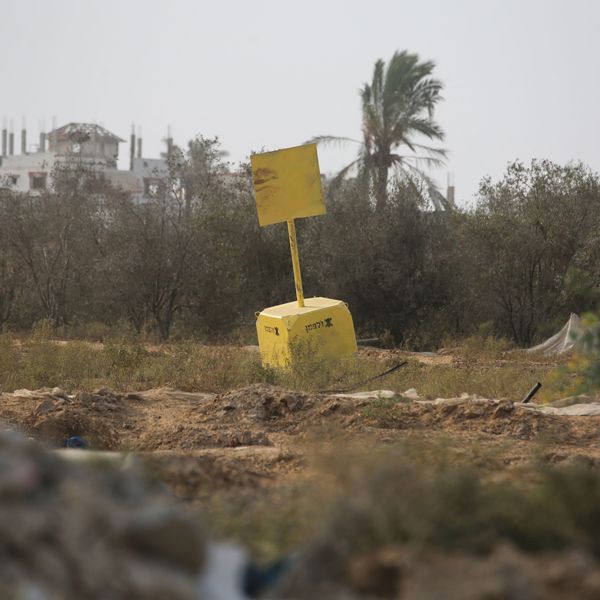Leaders
of the Palestine Liberation Organisation (PLO) and the Fatah movement
have given their backing to indirect peace talks with Israel, an
official has said.
Saturday's decision was announced after a three-hour meeting of PLO and Fatah officials in the West Bank.
"The
Palestinian leadership has approved the proximity talks," Jibril Rajub,
a leading member of the Fatah movement of Mahmoud Abbas, the
Palestinian president, said after the meeting.
George Mitchell, the US special envoy for the Middle East, has been attempting to broker such indirect "proximity" talks.
Under the proximity talks, Mitchell will shuttle between the Israeli and Palestinian leaders to try to narrow their differences.
Palestinian opposition
Al Jazeera's Nour Odeh, reporting from Ramallah, said earlier there was a lot of opposition to the talks.
"Many factions, including senior figures in the Fatah movement,
believe that the conditions on the ground are not appropriate for
negotiations to go ahead and yield positive results," she said.
"Still,
the Palestinian president is expected to push hard for that endorsement
because there are some in the Fatah leadership who believe this is a
chance the Palestinians should be giving to the American administration.
"There is no faith in the Israeli partner."
The talks also
faced opposition in the Gaza Strip, where Hamas, the Palestinian group
which governs the Palestinian enclave, called on the PLO to reject the
resumption of talks, dismissing them as "absurd".
"We warn the
executive of PLO not to take any decision to resume talks with the
enemy and to give cover to the Israeli occupation to commit more crimes
against our people," Hamas said in a statement.
Khalil Shaheen,
a political analyst in the West Bank, said the Palestinian people do
not consider the PLO-Fatah meeting representative of all Palestinians.
"Take
into consideration that Hamas is not a member of the PLO and we have
some factions on the left that are against and reject direct or
indirect negotiations," he told Al Jazeera.
"For the
Palestinians, they are more concerned about the coming change in [the
Palestinian] government more than they are concerned about negotiations
that will not bring them any breakthrough towards establishing their
own Palestinian state."
Settlement activity
Negotiations
between the Palestinians and Israel have been stalled since Israel's
three-week assault on the Gaza Strip began in December 2008.
Attempts to restart the stalled process last month collapsed when Israel announced construction of a new housing project in occupied East Jerusalem,which Palestinians see as the future capital of any independent state.
The talks will not be the face-to-face meetings the administration
of Barack Obama, the US president, had hoped to put in place, but will
involve US officials meeting with one side at a time.
Mitchell has been shuttling between Israeli and Palestinian leaders in a bid to relaunch the dialogue.
He met Shimon Peres, the Israeli president, on Friday who said Israel is ready to negotiate with the Palestinians.
The Palestinians have said they want the indirect talks to focus on the final borders of their future state.
Binyamin Netanyahu, the Israeli prime minister, announced a 10-month settlement freeze in the West Bank in November.
Abbas' timetable for indirect talks will roughly coincide with the end of that freeze.
Israeli
officials have said repeatedly that they will not approve another halt
in construction, regardless of what happens during negotiations.


